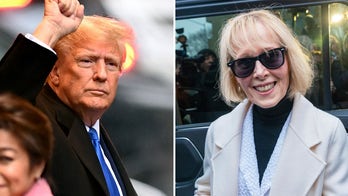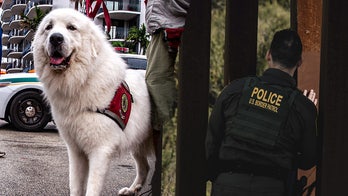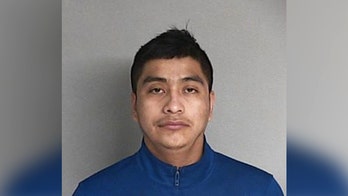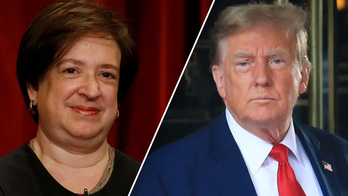The question of the legality of the warrantless wiretapping program under President Bush sparked intense debate within the administration, but in the end, the program yielded "limited" results, according to a new report.
The internal watchdogs for several intelligence branches have handed a report to Congress describing in detail the debate over the terrorist surveillance program, as well as its aftermath.
The program was developed in the wake of the terrorist attacks on Sept. 11, 2001, as part of the government's war on terror. Assessments of the program, part of what was called the President's Surveillance Program (PSP), found that while it was generally considered "useful," it was in some cases not used to its full potential.
"Although PSP-derived information had value in some counter-terrorism investigations, it generally played a limited role in the FBI's overall counter-terrorism efforts. The reasons for this conclusion are classified," the report said, citing the conclusion of the Department of Justice chief watchdog and noting that it was "difficult" to quantify the overall impact of the program.
Other agencies gave it a mixed review.
The report noted that one senior CIA official told lawmakers in 2006 that the program was "rarely the sole basis for an intelligence success" but did play a "supporting role."
The CIA inspector general determined that the CIA did not make "full use" of it in large part because too few CIA personnel were involved.
FBI witnesses nevertheless defended the program as one of many counter-terrorism tools, saying then-Director Robert Mueller found it "useful."
"Mueller said that the FBI must follow every lead it receives in order to prevent future terrorist attacks. ... Mueller also stated that he 'would not dismiss the potency of a program based on the percentage of hits,'" the report said. "Even though most PSP leads were determined not to have any connection to terrorism, many of the FBI witnesses believed the mere possibility of the leads producing useful information made investigating the leads worthwhile."
According to the report, the Bush administration also authorized other secret surveillance activities that still have not been made public.
Bush authorized those activities as he was launching the massive warrantless wiretapping program, the summary said. The report detailed the impassioned debate within the administration over that program, and reservations some had about its institution and justification.
It described the threats by Director Mueller and others to resign in 2004 if their concerns were not addressed.
And it questioned the legal advice used by Bush to set up the program, pinpointing omissions and questionable legal memos written by John Yoo, who served as a deputy assistant attorney general. The report suggested Yoo ignored an explicit provision in the Foreign Intelligence Surveillance Act law designed to restrict the government's authority to conduct electronic surveillance during wartime. It said flaws in Yoo's memos later presented "a serious impediment" to recertifying the program.
The Justice Department inspector general concluded that it was "extraordinary and inappropriate" that the administration relied on only Yoo for its initial legal assessment, adding that the legal analysis was at least "factually flawed."
According to the report, Michael Hayden, then director of the National Security Agency, said he was assured the program was "lawful." The report described Hayden as cautious in proceeding.
"After Hayden received the first authorization, he assembled 80 to 90 people in a conference room and explained what the president had authorized. Hayden said: 'We're going to do exactly what he said and not one photon or electron more,'" the report said.
The inspectors general interviewed more than 200 government officials and private sector personnel, including Hayden, former Defense Secretary Donald Rumsfeld and former Attorney General Alberto Gonzales.
Five former Bush administration officials refused to be interviewed, including former CIA Director George Tenet and former Attorney General John Ashcroft.
The others: former White House Chief of Staff Andrew Card; former top Cheney aide David Addington; and Yoo.
Congress required the review of the warrantless wiretapping program by five inspectors general last year when it revised the Foreign Intelligence Surveillance Act.
FISA is the 30-year-old law that created a secret court to oversee the government's electronic surveillance.
The Bush White House acknowledged in 2005 that it intercepted international communications that passed through U.S. wires without court orders. The program is popularly known as "warrantless wiretapping."
The Associated Press contributed to this report.




